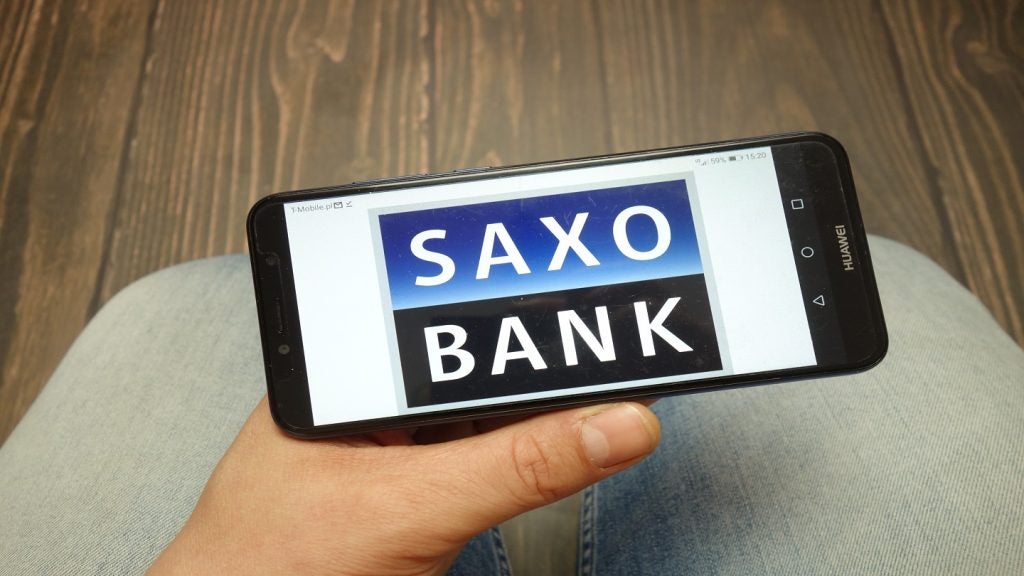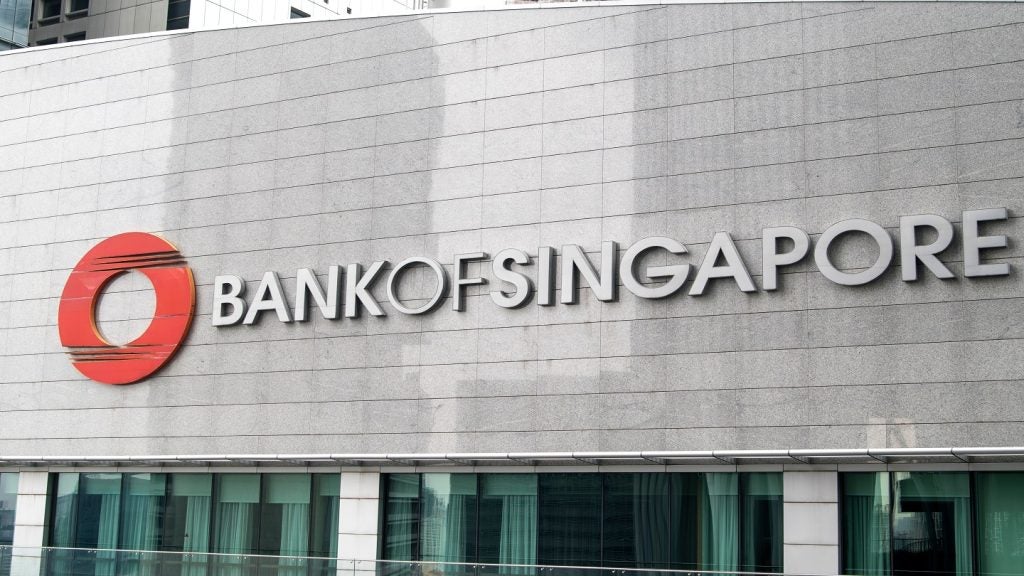
Goldman Sachs Asia must pay a $350m fine, issued by the Securities and Futures Commission (SFC), for serious regulatory failures over 1Malaysia Development Berhad’s (1MDB) bond offerings.
SFC cited “serious lapses and deficiencies in its management supervisory, risk, compliance and anti-money laundering controls” that helped to enable the misappropriation of $2.6bn.
Amounting to a total $6.5bn, the money came from funds raised by 1MDB in three bond offerings across 2012 and 2013.
The bond offerings were arranged and underwritten by Goldman Sachs International. However, the actual work was conducted by deal team members spanning multiple jurisdictions.
Goldman Sachs Asia, based in Hong Kong, played a major role in the origination, approval, execution and sales process of the three bond offerings, receiving the largest share of 37% of the total figure, representing a sum of $210m. The total revenue came to $567m and was subsequently shared among different Goldman Sachs entities.
Inadequate controls
SFC’s CEO – Ashley Alder – said: “This enforcement action is the result of a rigorous, independent investigation conducted by the SFC into whether Goldman Sachs Asia’s involvement with 1MDB in 2012 and 2013 contravened the standards expected of firms under Hong Kong regulations.”
Alder continued: “The penalty in this case – assessed solely in accordance with Hong Kong’s own fining framework – reflects our findings that Goldman Sachs Asia failed to deal properly with numerous suspicious circumstances surrounding the 1MDB bond offerings. These failures led to multiple, serious breaches of the rules which set out the high standards of behaviour expected of all firms supervised by the SFC.”
In a statement, the SFC stated Goldman Sachs lacked adequate controls in place to monitor staff and detect misconduct in day-to-day operations, enabling the 1MDB offerings to proceed despite numerous red flags.
Conspiracy and Corruption
The statement described the actions of Tim Leissner, a participating managing director of Goldman Sachs, who had obtained the deals for the investment bank.
Leissner pleaded guilty to criminal charges brought by the US DOJ in August 2018, for conspiring to commit money laundering and to violate the Foreign Corrupt Practices Act. He also admitted to conspiring with Low Taek Jho, a Malaysian financier, to bribe Malaysian and Abu Dhabi officials in order to obtain and retain the business from 1MDB for Goldman Sachs.
According to the SFC’s investigation, Leissner effectively had free rein in the execution of the 1MDB offerings, which facilitated the provision of misleading information to Goldman Sachs, facing minimal interrogation.
The 1MDB fraud is “a stark reminder to financial intermediaries involved in multi-jurisdiction transactions of the importance of having robust internal controls in place and taking all reasonable steps to protect the integrity of their operations and their clients from frauds and other dishonest acts” said Thomas Atkinson, the SFC’s Executive Director of Enforcement.
Atkinson continued: “Goldman Sachs Asia fell far short of the standards expected of a licensed intermediary in the 1MDB case and suffered not only reputational damage from its own failures, but also brought the securities industry into disrepute.”
1MDB is an insolvent Malaysian strategic development company, owned by the Minister of Finance.







